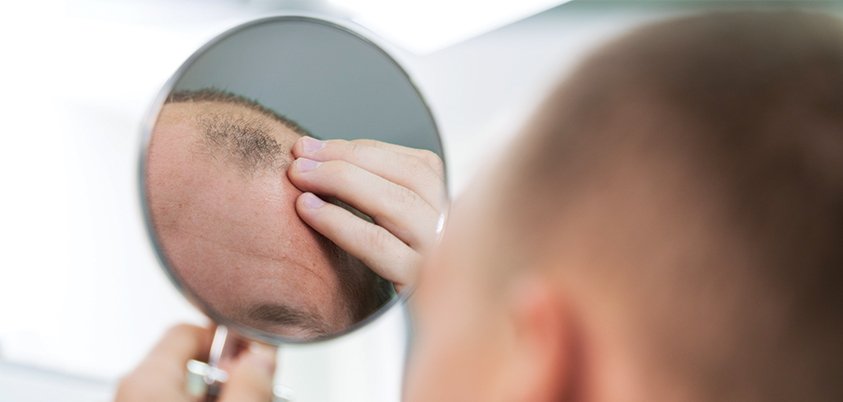
Does hair eczema prevent hair transplantation?
Scalp eczema is a dermatological condition that usually manifests itself with symptoms such as itching, redness, flaking and dandruff on the scalp. Whether this condition can be an obstacle to a hair transplant procedure depends on various factors, such as the specific condition of the patient and the severity of the eczema.
Scalp eczema is a common skin condition that is often associated with dermatological conditions such as atopic dermatitis, seborrheic dermatitis or contact dermatitis and can cause inflammation and irritation on the scalp. This article will evaluate whether scalp eczema can be an obstacle to a hair transplant procedure.
Scalp eczema What is Hair Transplantation?
Hair transplantation is the process of transplanting hair follicles, usually from the nape of the neck, to bald areas in order to provide a permanent solution for individuals experiencing hair loss. This procedure can be performed with methods such as Follicle Unit Extraction (FUE) or Follicle Unit Transplantation (FUT).
The Relationship Between Scalp Eczema and Hair Transplantation
Since eczema is characterized by inflammation and irritation of the scalp, hair may cause some difficulties during and after the hair transplantation procedure:
Healing Process: Since the skin in areas with hair eczema is sensitive and inflamed, the healing process after hair transplantation may be complicated. Inflamed skin can increase the risk of infection and prolong the healing process.
Preparation Before the Procedure: Hair transplantation is not recommended when hair eczema is active. Therefore, dermatological treatment is required first to control eczema and relieve symptoms. Eczema should be controlled with topical steroids, antifungal shampoos or other prescription medications.
Quality of Results: In patients with hair eczema, it may be difficult for new hair follicles to take hold and grow healthily after hair transplantation. This may negatively affect the success of the transplantation procedure.
Recommendations
Although hair eczema does not constitute a definite obstacle to the hair transplantation procedure, it can negatively affect the success of the procedure and the healing process. Therefore, it is important for patients with hair eczema to have hair It is important for them to receive a dermatological evaluation and treatment before having their hair transplant. When eczema is under control, hair transplantation can be performed more safely and successfully.
As a result, whether patients with hair eczema are suitable for hair transplantation should be evaluated together by our dermatologist and hair transplant specialists. Each patient's condition should be considered individually and the most appropriate treatment plan should be determined as a result of this evaluation.


 Türkçe
Türkçe English
English Deutsch
Deutsch Pусский
Pусский







